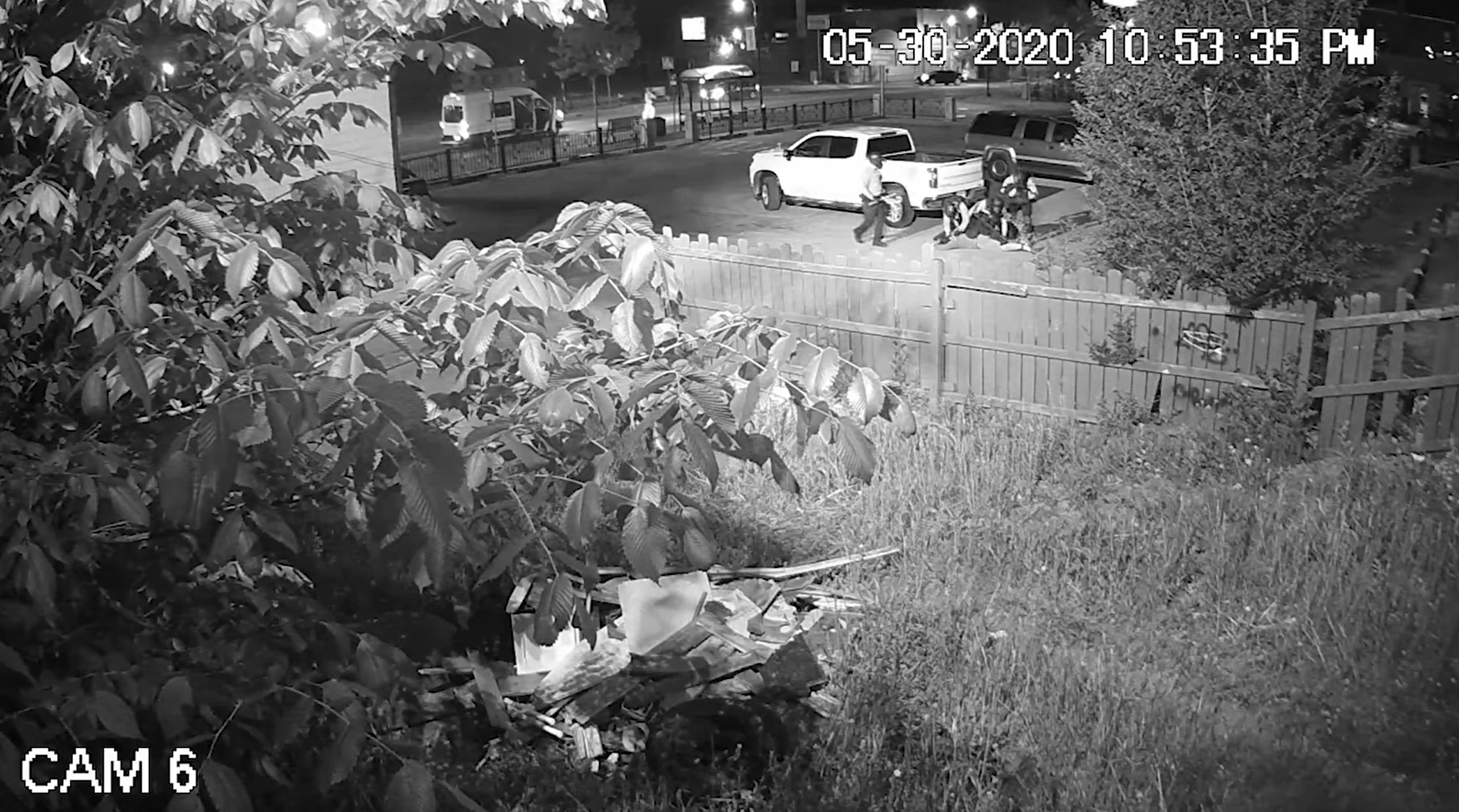Minneapolis to pay $1.5M to man beaten by police during George Floyd protests

Go Deeper.
Create an account or log in to save stories.
Like this?
Thanks for liking this story! We have added it to a list of your favorite stories.
Updated: 4:17 p.m.
The city of Minneapolis will pay $1.5 million to a man who accused police officers of using excessive force during an arrest in 2020. Jaleel Stallings filed a federal lawsuit, after he was acquitted by a jury last year.
Prosecutors charged Stallings with eight felonies, including the attempted murder of two Minneapolis officers in the aftermath of the police killing of George Floyd. Stallings rejected a plea deal in exchange for a 12-year sentence. At trial, his attorney played video that contradicted officers’ claims that Stallings resisted arrest. The jury believed Stallings’ assertion that he acted in self-defense.
Stallings said in an interview Tuesday that the video was key to the jury’s decision.
“The moment they gave me that not guilty verdict was the happiest moment of my life,” he said.
Turn Up Your Support
MPR News helps you turn down the noise and build shared understanding. Turn up your support for this public resource and keep trusted journalism accessible to all.
In his federal civil rights lawsuit filed last October against the city of Minneapolis and 19 police officers, Stallings also said police falsely stated that he’d resisted arrest.
On the evening of May 30, 2020, when the worst of the rioting was over, Stallings and a group of friends tried to get to 38th Street and Chicago Avenue, where, despite a nighttime curfew, there was a round-the-clock vigil for Floyd. But Stallings said they encountered roadblocks, and wound up gathering in a parking lot at Lake Street and 15th Avenue. They walked a few blocks, then turned around after a passerby said someone was shooting from a truck.
Stallings said they were deciding whether to check on a friend’s business or just call it a night when an unmarked white van rolled up.
“As soon as I saw the van come into view, shots were fired. At that point, I didn’t have time to speculate on who was in the van, who was shooting at me or whatnot. I had to react.”
Stallings was hit with a 40mm marking round, a foam-tipped crowd-control projectile that’s coated with green paint. The round struck Stallings’ chest at about 90 miles an hour.
“I thought I had been shot with a real bullet and was bleeding out.”
Thinking it was civilians, Stallings drew his handgun and fired three shots toward the van.
“The vehicle stopped and they hopped out and yelled ‘shots fired, shots fired.’ That’s when it clicked for me that it was police, so I tried to surrender,” Stallings said.
On body camera and surveillance video, Stallings is seen tossing his gun away, then lying motionless on the ground with his hands above his head. Sgt. Andrew Bittell and officer Justin Stetson then run up to Stallings and kick and punch him for about 30 seconds before Bittell orders a stop to it.
Stallings suffered facial injuries including a broken eye socket, even though he’d complied with officers’ commands. Three days later, Hennepin County prosecutors charged him with eight felonies, including two counts of attempted murder of police officers. Stallings said he was glad to have survived the encounter with police, but figured he’d spend the prime of his life in prison.
“I felt like my life was over. Regardless of the fact that I felt like I didn’t do anything wrong, I didn’t feel like I was in the wrong at all. From experience, what I’ve seen is Black men don’t make it out of situations like that.”
The Minneapolis Police Department says it can’t comment on the matter because of an internal investigation.
According to court documents filed Tuesday, the city has also agreed to pay attorney's fees that will be determined later.
A statement released by the city said it “hopes that an early resolution to this matter will allow all of the parties to move forward.”
From his new home in Texas, Stallings said now that his criminal and civil cases are behind him, he’s making the transition from being a commercial truck driver to full-time activism with the hope that his experience will help change the culture of law enforcement.


